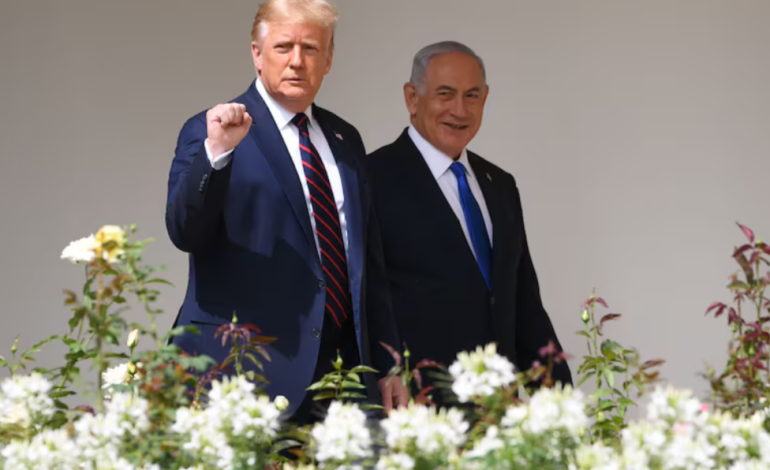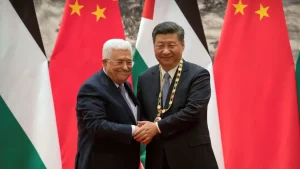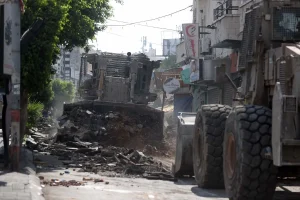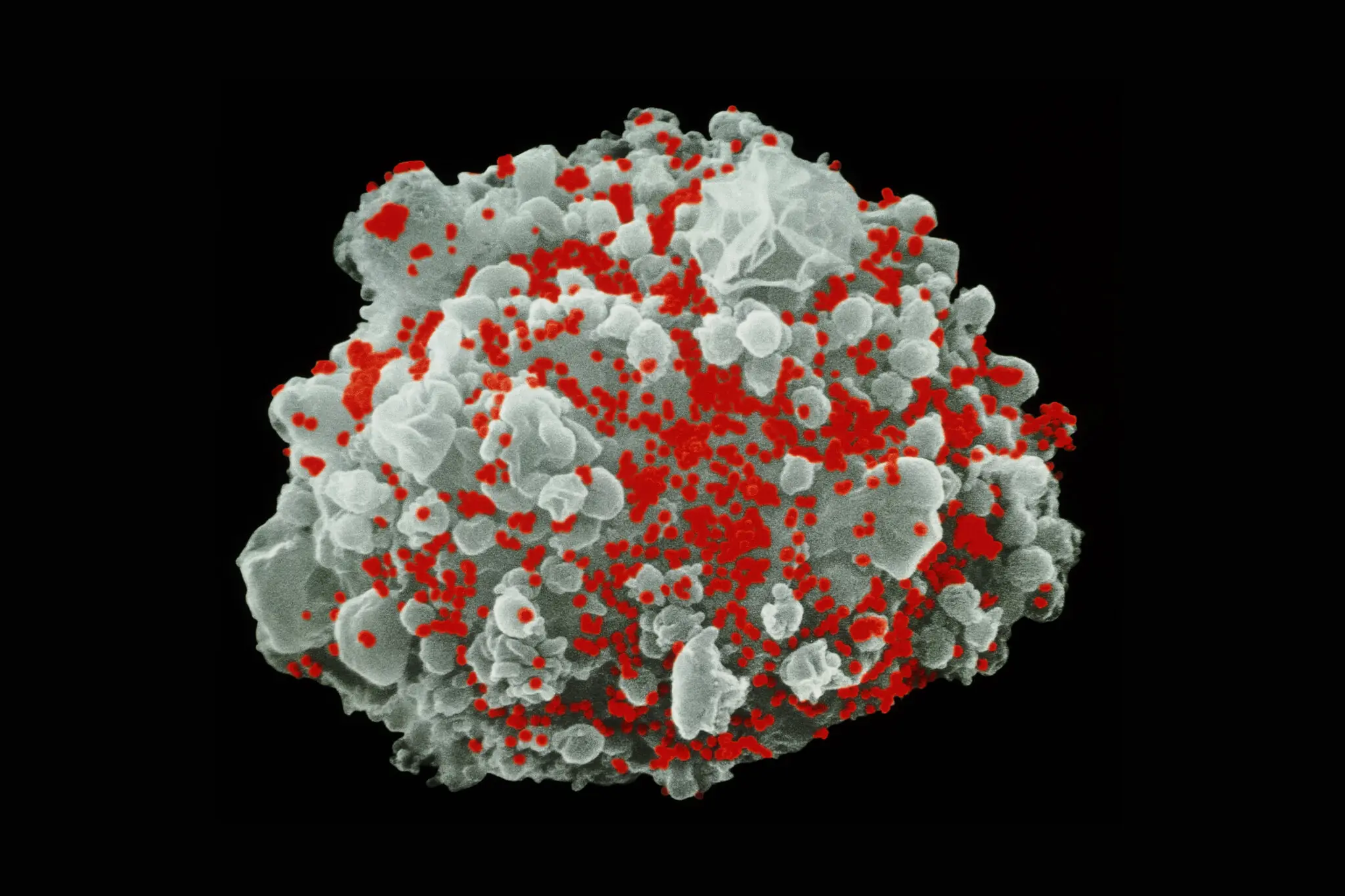EXCLUSIVE: Trump’s Second Term and Middle East Policy: What Lies Ahead?

As the US prepares to enter Donald Trump’s second term following the 2024 presidential election, attention turns to potential shifts in American foreign policy, particularly in the Middle East.
How will the president-elect, who ran on the idea of peace, deal with the ongoing crisis in the region? To explore potential developments in US policy regarding Israel and its conflict with Iran, Hamas in Palestine, Hezbollah in Lebanon, and the Houthis in Yemen, Wyoming Star interviewed Prof. Ricardo René Larémont, a political scientist and Middle East expert at Binghamton University.

Wyoming Star: The US 2024 presidential election is finally over. We will soon enter Donald Trump’s second term. Will we see any potential changes in US foreign policy in the Middle East? What can we expect from Donald Trump moving forward?
Prof. Larémont: I expect that the Trump administration will give the Netanyahu government carte blanche to pursue its military objectives in Gaza and Lebanon. The Biden administration was unable to effect any leverage over the Israeli government, and the new Trump administration is unlikely to bear pressure on Netanyahu and his government.
Wyoming Star: What other possible actions can we see from other Middle Eastern countries other than Iran regarding the Gaza War? Is there a palpable chance of further military escalation?
Prof. Larémont: The Saudis and the Gulf states would like to see Iran’s military capacity weakened, but they would not like to see military attacks that would eliminate Iran’s emerging nuclear capabilities (because it may stir Iran to escalate yet again) or its petroleum exporting depots (which would destabilize petroleum prices in an unexpected way). The Saudis and the Gulf states are in a situation in which they are not enamored of the Iranian regime, but it is the devil in the neighborhood with which they must dance.
Wyoming Star: In conversations surrounding the war in Gaza, a question of Egyptian inaction often arises. Why won’t Egypt either take the Palestinians in or oppose Israel in a meaningful way?
Prof. Larémont: Egypt has absolutely no interest in bringing the Palestinians into their territory. First of all, Palestinians are Palestinians with their own identity. They are not Egyptians. Second, although the Egyptians do not love the Israelis, it is in the interests of the Egyptian regime to maintain the status quo with Israel because it benefits them financially.
Wyoming Star: Rarely do we hear about Russian and Chinese positions on the Middle Eastern crisis in the media. Why is this so, and what are the actual stances of these countries?
Prof. Larémont: The Russia and Chinese media are taking advantage of the position that the United States is not an impartial broker in the Middle East but rather a staunch supporter of Israel. Because the United States is not seen as impartial, it inevitably is seen as a supporter of Israel.

Wyoming Star: What actions can the US take to encourage Israel to finally declare a ceasefire and initiate meaningful negotiations? Do you see the 2020 Abraham Accords as a realistic option?
Prof. Larémont: The Saudis, although they would like to pursue a rapprochement with Israel (it is in their economic interests), they simply cannot do so at the present moment because the Netanyahu government has cast aside any possibility of a Palestinian state.

Wyoming Star: Are there any post-war plans for the restoration of the Palestinian territories in the Gaza Strip and the West Bank?
Prof. Larémont: I believe that Israel will try to set up a security regime in Gaza that is similar to that in the West Bank. The Israelis will deepen their informant networks in both regions, which will lead to credible intelligence that will lead to military action. Israeli military activities will deteriorate Hezbollah’s and Hamas’ capability to wage war, but military action alone will not resolve the fundamental problem.
As Trump’s administration takes shape, Middle East policy under his leadership is expected to remain supportive toward Israel, with limited intervention aimed at encouraging a ceasefire and renewing peace negotiations. For Palestinians, the future remains rather grim, with limited pathways to statehood or self-governance amidst the ongoing ethnic clensing and a threat of genocide.








